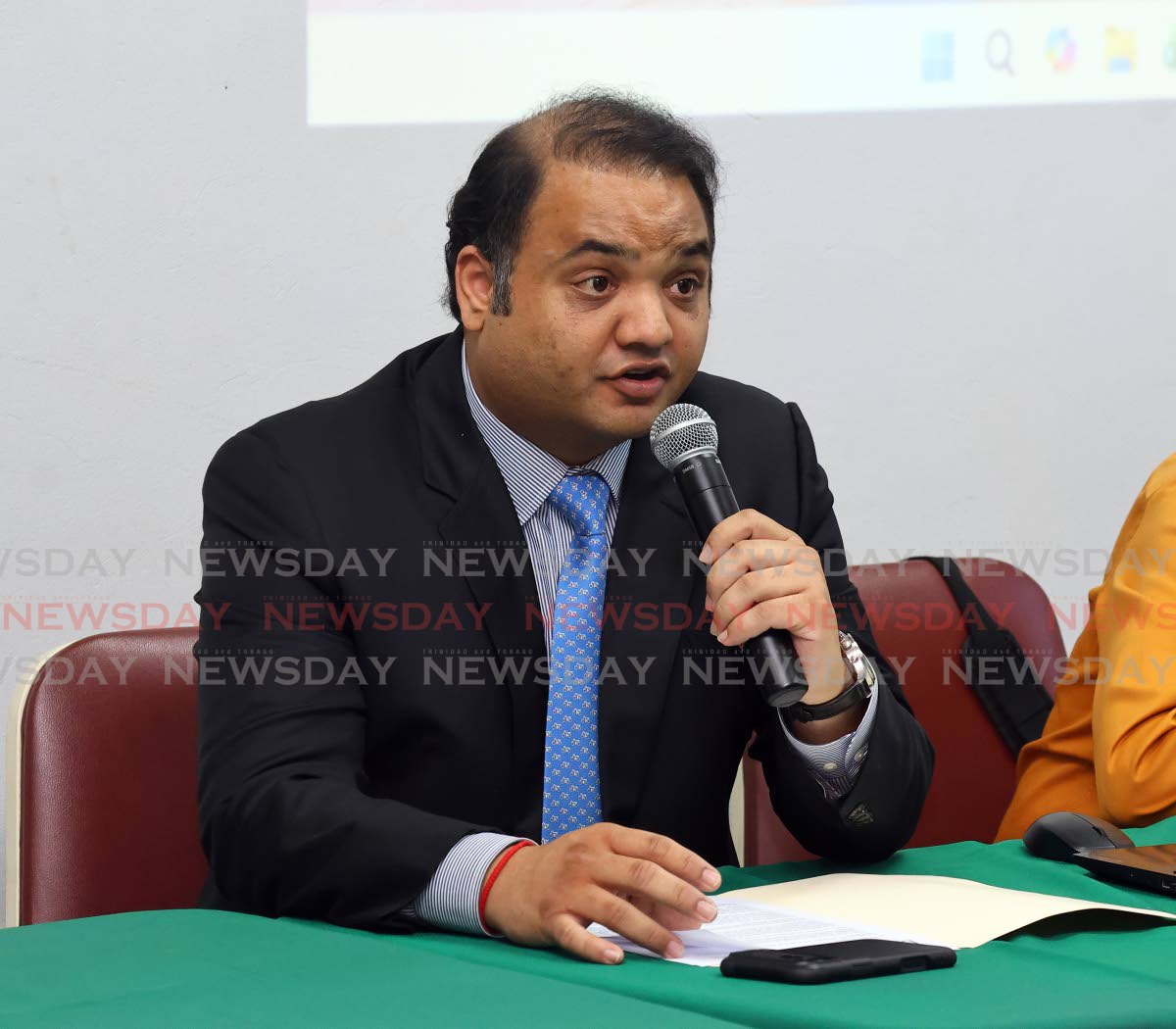The Love Movement, a Trinidad-based non-profit organization, is commemorating its 53rd anniversary with a special three-day concert series titled “Because of His Love” at Queen’s Hall in St. Ann’s from November 28-30. This family-oriented production promises to deliver transformative experiences through musical and artistic performances designed to heal hearts and change lives.
Under the artistic direction of founder Bernadette Scott, the production features diverse creative talents including drama director Dr. Helmer Hilwig, choreographer Tonya Gooding, and technical specialists Franklyn Agarrat, Corey Burnham, Celia Wells, and Kevon La Fleur. The program showcases the organization’s three choirs: the Lights of Love Children’s Choir performing seasonal favorites like “Rudolf” and “Frosty,” the Republic Bank Love Movement Youth Outreach Group presenting dynamic Christmas medleys, and the Senior Choir offering soul-stirring gospel music and nostalgic traditional pieces.
Founded in 1972 as a modest 15-member women’s choir from St. Ann’s Church, the organization has evolved into a impactful community institution dedicated to fostering peace, love, and unity through musical expression. Their mission of “Healing Hearts and Changing Lives One Note at a Time” extends beyond performances to provide holistic support for marginalized and at-risk youth through weekly meetings and creative programs.
The organization’s outreach has expanded significantly over decades, now serving children from institutions including Credo Foundation, Sophia House, St. Mary’s Children’s Home, Rainbow Rescue, and recently extending to children with disabilities at The Living Waters Children’s Home – Our Lady of the Wayside. Through music, drama, and dance, participants develop critical life skills including discipline, confidence, and spiritual grounding.
The Love Movement relies on public generosity to sustain its transformative work. Tickets are available at the Queen’s Hall Box Office daily from 10 am to 6 pm, with performances at 7:30 pm on November 28-29 and 6:00 pm on November 30. Those interested in sponsoring tickets for children’s charity concerts can contact 471-4687 via call or WhatsApp.









